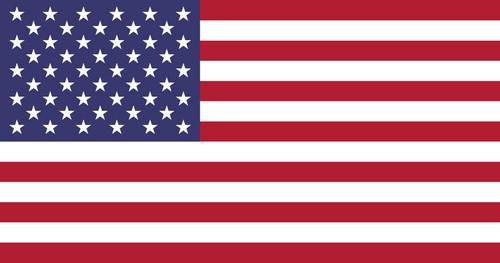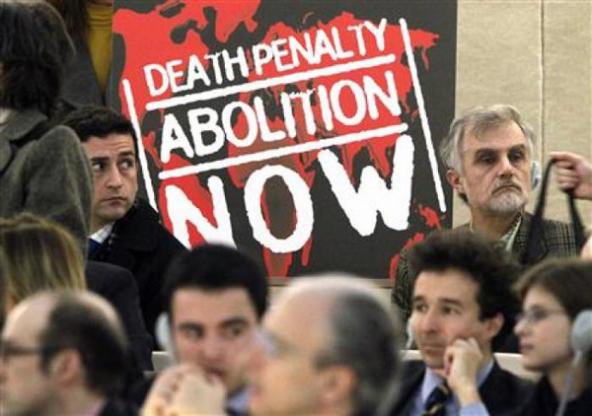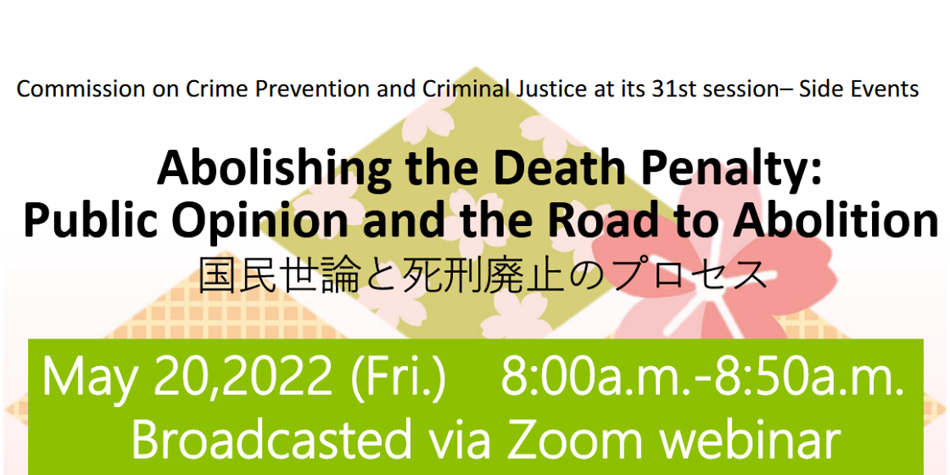
Recent US Federal Executions Raise Ethical and Political Issues
At the end of August, two additional federal executions were rapidly carried out in the US Penitentiary of Terre Haute, in the United States, bringing the total number of people executed by the federal government to five since federal executions resumed in mid-July 2020. No federal execution has been carried out since Louis Jones was put to death in 2003. This means that the American administration ordered more executions in the past month than in the 1988-2003 period that followed the restoration of the federal death penalty in 1988, after a short moratorium ruled by the Supreme Court.
As a member of the Navajo Nation, Lezmond Mitchell, executed on 26 August 2020, was the sole Amerindian person on death row in the United Sates. Navajo’s President Jonathan Vez and Vice President Myron Lizer reaffirmed the opposition of the Navajo Nation to capital punishment, which is considered contrary to Navajo culture and tradition. Denouncing an “affront” to its tribal sovereignty, the Navajo Nation called on the United States government to commute Lezmond Mitchell’s sentence. The National Congress of American Indians and many tribal governments had also joined in this unsuccessful call.
Keith Nelson, executed on 28 August 2020, was temporally granted a stay from a judge who challenged the lethal injection procedure. According to his lawyers, his conviction should have considered important mitigating circumstances related to Nelson’s mental health. He was also denied his right to effective legal counsel, his lawyers added.
Opposition to the death penalty in the United Sates, however, progressively takes root through many mobilizations. The American Civil Liberties Union (ACLU) and the American Civil Liberties Foundation have filed a lawsuit against the Federal Bureau of Prisons (BOP), asking it to disclose the cost of federal executions while the COVID-19 outbreak remains a serious matter of concern in the country. They both question the use of taxpayer dollars in this time of economic and health crisis to resume executions that could further spread the virus.
Questioning the legal and constitutional basis of the recent executions, Death Penalty Action also shared an online petition, signed by the World Coalition, that calls on the United States Congress to further investigate potential violations that arise, as well as to vote on the abolition of federal capital punishment. Wesley Purkey’s autopsy, executed on 16 July 2020, recently revealed pulmonary edema causing “excruciating pain”, broadening the debate over whether the death penalty is a cruel, inhuman and degrading treatment, which is prohibited by the Eight Amendment of the Constitution.
For the upcoming 2020 World Day Against the Death Penalty, the World Coalition draws attention to the right to defence and to the dignity of convicted people at every step of criminal proceedings in capital cases. While advocating for the unconditional abolition of capital punishment, the World Coalitions encourages every claim and means to challenge or restrict the application of the death penalty as a first – and often essential – step to its end. For one less death sentence is one human life saved, pending final and universal abolition of the death penalty.





